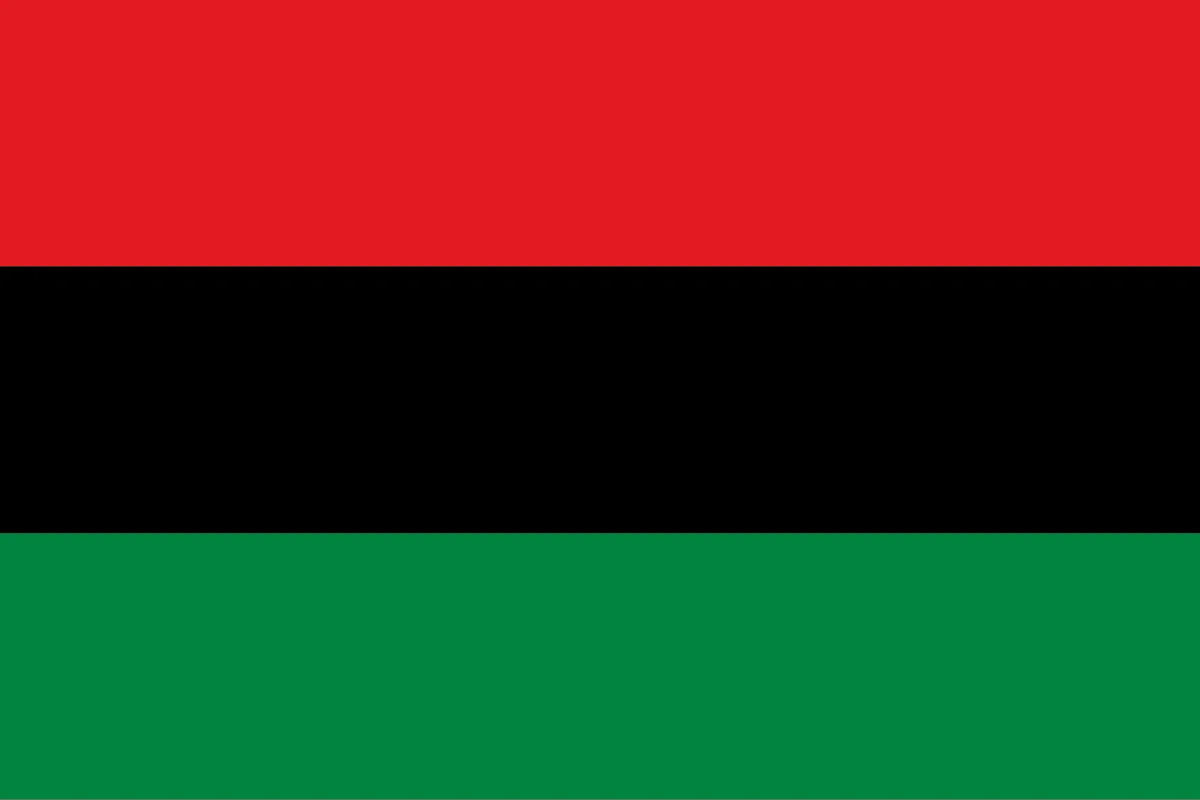The Charles H. Wright Museum
of African American History
Habari Gani?
2022 KWANZAA Celebration AT THE WRIGHT
Presented by Comerica
Please join The Charles H. Wright Museum of African American History from 5 p.m. to 9 p.m. as we celebrate Kwanzaa 2022 on Thursday, December 29, 2022.
We will gather for this in person Kwanzaa celebration as we honor Ujamaa.
Ujamaa is the principle of Cooperative Economics and the Wright will celebrate and honor this principle with MUREC and Nanou Djiapo.
There will be a Vendor Marketplace also for families to enjoy before the Kwanzaa Program.
5 p.m. - Vendor Marketplace Opens
6 p.m.- Kwanzaa Program Begins
Can't join the program in person? Watch the livestream.
Generous support for Kwanzaa at The Wright provided by Comerica:
.jpg)
OTHER Kwanzaa EVENTS Around Detroit
Saturday, December 10, 2022
Celebrating Kwanzaa at Wayne State University
Time: 2pm to 5pm
Location: African American Room Manoogian- 906 W. Warren Ave- In the Manoogian Basement
Thursday, December 22, 2022
Kwanzaa Cooking with Mama Ravin Regina
Time: 6pm to 8pm
Location: Bridging Communities- 6900 McGraw Avenue
Come learn about the holiday of Kwanzaa and make some delicious vegan dishes for the season including black eyed peas and greens.
Monday, December 26, 2022
Kwanzaa Celebration and Kinara Lighting -World’s Largest Kwanzaa Kinara- Motor City Kwanzaa Kinara
In collaboration with City Councilman Scott Benson, Alkebu-Ian Village, Downtown Detroit Partnership & The Charles H. Wright Museum of African American History.
Time: 5pm
Location: Southwest Garden of Campus Martius
Monday, December 26-January 1st
The Black Legacy Coalition Presents- 7 days of Kwanzaa
Time: 6pm to 9pm except for 1/1/23 3pm to 6pm
- Mon 12/26- Hosted by The Shrine of the Black Madonna
- Tues 12/27-Hosted by Malcom X Grassroots Movement
- Weds 12/28- Hosted by Nsoroma Institute
- Thurs 12/29- Hosted by Alnur African Dance
- Friday 12/30- Hosted by UNIA
- Saturday 12/31- Hosted by NANOU DJIAPO
- Sunday 1/1/23- 3pm to 6pm – Hood Research
- Location: Historic King Solomon Church- 6100 14th St. Detroit
Wednesday December 28, 2022
Penny Pinchers Kwanzaa-preneurship
Time: 5pm to 7pm
Location: Detroit Main Library -5201 Woodward Avenue
Thursday, December 29, 2022
Kwanzaa at The Wright 2022
Time: 5pm to 9pm
Location: The Charles H. Wright Museum of African American History 315 E. Warren Ave.
5pm to 6pm Vendor Marketplace and 6pm program begins
The Wright will celebrate with MUREC & Nanou Djiapo
Friday, December 30, 2022
Tradition Jazz Ensemble presents “A Kwanzaa Night”
Time: 7:30pm to 10:30pm
Location: Aretha’s Jazz Café -350 Madison Street
Tickets starting at $20.00
What is Kwanzaa?
Kwanzaa is an African-American holiday founded in 1966 by Dr. Maulana Karenga, as a way to unite the community following the Watts Rebellion. Kwanzaa is derived from the phrase “matunda ya kwanza” which means “first fruits” in Swahili.
Each family celebrates Kwanzaa in its own way, but celebrations often include songs and dances, African drums, storytelling, poetry reading, and a large traditional meal. Each night, a child lights one of the candles on the Kinara (candleholder), then one of the seven principles is discussed.
WHO CAN CELEBRATE KWANZAA?
Although Kwanzaa is a traditionally African-American holiday, people from all walks of life are invited and encouraged to participate, then share what they've learned each day.
Community Partners
Ujamaa is the principle of Cooperative Economics and the Wright will celebrate and honor this principle with MUREC and Nanou Djiapo.
THE 7 KWANZAA SYMBOLS
Kikombe cha Umoja - Unity cup
Kinara - Candleholder which represents the roots of the community and culture
Mazao - Fruits and vegetables representing crops
Mishumaa Saba - Seven Kwanzaa candles which represent the Nguzo Saba as they are lit
Mkeka - Straw mat represents the foundation of the culture and history of the people
Muhindi - Ears of corn to represent each child in the home and an additional ear for future blessings and generations
Zawadi - Gifts traditionally given on Imani, the last day of Kwanzaa
the nguzo saba (The Seven Principles) explained
Nguzo Saba is a set of ideals created to contribute to building and reinforcing community.
- Unity: Umoja (oo–MO–jah)
-
To strive for and maintain unity in the family, community, nation, and race.
- Self-determination: Kujichagulia (koo–gee–cha–goo–LEE–yah)
-
To define ourselves, name ourselves, create for ourselves, and speak for ourselves.
- Collective Work and Responsibility: Ujima (oo–GEE–mah)
-
To build and maintain our community together and make our brother’s and sister’s problems our problems and to solve them together.
- Cooperative Economics: Ujamaa (oo–JAH–mah)
-
To build and maintain our own stores, shops, and other businesses and to profit from them together.
- Purpose: Nia (nee–YAH)
-
To make our collective vocation the building and developing of our community in order to restore our people to their traditional greatness.
- Creativity: Kuumba (koo–OOM–bah)
-
To do always as much as we can, in the way we can, in order to leave our community more beautiful and beneficial than we inherited it.
- Faith: Imani (ee–MAH–nee)
-
To believe with all our heart in our people, our parents, our teachers, our leaders, and the righteousness and victory of our struggle.

Pan Africanism
The term ‘Pan African’ represents all peoples of African descent, both on the continent of Africa and in the global African Diaspora, especially those in the Americas and the Caribbean as a result of the Trans-Atlantic slave trade.
The Pan African flag was established in 1920 by members of the United Negro Improvement Association and African Communities League (UNIA-ACL). The color Red symbolizes the blood of the African peoples shed for liberation, Black represents the noble and proud African people of the African Diaspora, and Green represents the lush vegetation and natural resources of Africa.